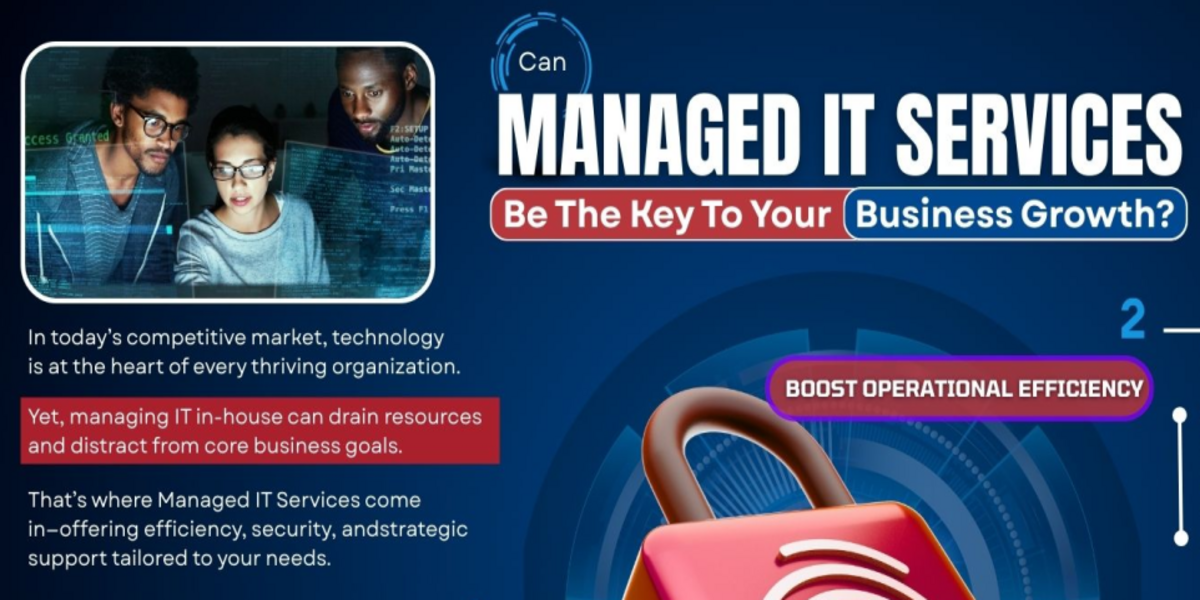In the last 2 to 3 decades, most of our information and records have been digitized. From patient details to bank statements and utility bills to books, every data type has been transformed into binary form to be stored and processed as a digital commodity. This transformation has made data one of the biggest targets of cybercriminals. Today, most, if not all, cyber attacks are perpetrated to steal user data. Whether it is a social engineering attempt or ransomware attack, cybercriminals are primarily motivated by valuable data. For that reason, data backups have transformed into a cybersecurity prerequisite for everyone. From conglomerates with a global footprint to home-based e-commerce retailers, every enterprise and individual needs data backups for better online security.
In this post, we will outline all the reasons that highlight the importance of data backups for enterprises and individuals. We will also share with you a simple data backup plan, equally suitable for enterprises and individuals.
Data Backups Compensate for the Intrinsic Cybersecurity Loopholes
Just like technological advancements and improvements, cybercriminal activity also evolves continuously and in proportion. Therefore, no matter how good your cybersecurity plan is, criminals might find a way to get access to your network and devices.
We have seen it time and again how companies and individuals with great cybersecurity protocols on paper fall victim to data theft and loss. When cybersecurity fails have transformed into such an inevitable reality, data backups become an obligation for both organizations and individuals.
A good data backup routine fills the intrinsic loopholes (human error, a new attack method, etc.) of any cybersecurity plan. With robust firewalls, proactive patch management, network segmentation, and other security measures, it is equally important to make backups of your crucial data.
Data Backups Help You Reduce Downtime
In simple terms, downtime for any business is the duration during which its services become unavailable, or its operations temporarily stop. After the extensive digitization of business operations, downtime has emerged as one of the biggest pain points for decision-makers because it is unavoidable in most successful attempts of cyber attacks.
However, it is possible to reduce that downtime by taking the right measures. For instance, a business can resume its regular operations in lesser time after a data breach/theft if it has developed backups. This holds particularly for enterprises whose operations are primarily based on data handling and processing.
Data Backups Let You Continue Your Operations Following a Physical Disaster
One report suggests that the majority of small and medium-scale enterprises don’t have any disaster recovery plan. Moreover, many companies have cybersecurity disaster recovery measures in place but don’t have any roadmap to deal with physical disasters. By physical disasters, we mean natural calamities, fires, onsite theft, etc.
With data backups, you can pick up where you left off your operations from any other site if a physical disaster has rendered your existing location non-operable. When all your data has been stored in non-physical cloud space, you and your team can resume their work from remote locations easily without taking too much time.
Data Backups Offer You Peace of Mind
When you know that a lethal cyber attack or a physical disaster won’t paralyze your business operations entirely, it brings peace of mind. IT teams and other staff members can work in a less stressful environment when they know that an inadvertent mistake won’t bring the entire business to a screeching halt.
Data backups also do the same for individuals. When you know that your important documents, photos, and other content have more than one copy, you don’t worry too much about losing your data.
Data Backups Help In Maintaining Business Reputation
Cyber attacks have both direct and indirect consequences for the revenue and profit of an enterprise. On the one hand, they directly impact the bottom line by causing downtime. On the other hand, they badly affect the reputation of a business. Data backups help in taking the edge off of both these direct and indirect consequences.
Apart from reducing downtime, data backups also help a business doing damage control for its reputation. When an enterprise can quickly get back on its feet without asking consumers and affiliates for the data, it certainly helps in preventing irreparable damages to the business reputation in the wake of a successful cyber exploit.
Ingredients of a Simple and Effective Data Backup Plan
Today, data protection has evolved into an entire discipline itself. You will find various data backup plans and protocols with different levels of protection and accessibility. All these options often make things confusing for enterprises and individuals opting for data backups for the first time. For all of them, there exists a simple yet effective, time-tested 3-2-1 backup rule.
3-2-1 data backup rule asks users to fill three requirements.
- Have three (3) copies of a single set of data so that you don’t lose your data in any single event or successive successful exploits.
- Your data should be stored in at least two (2) different formats (cloud, disk, tapes, etc). It makes sure you can access your data even if one format gets corrupted or become inaccessible for any reason.
- Have one (1) copy of data offsite to get protection against physical disasters such as fire, floods, and vandalism.
The great thing about the 3-2-1 backup rule is it is equally effective for enterprises and individuals for their data protection. If you want to explore more data backups and recovery options that are more in line with your requirements, you need to get data protection experts on board. Microsys is one IT solutions firm that extends its data backup and recovery expertise to both enterprises and individuals.
From onsite to offsite backups and cloud computing to data cleansing, Microsys offers a range of online and offline solutions for data protection. You can get in touch with Microsys, tell its experts about your business or personal backup requirements, and get a customized data backup and recovery plan from them.




Comments are closed.